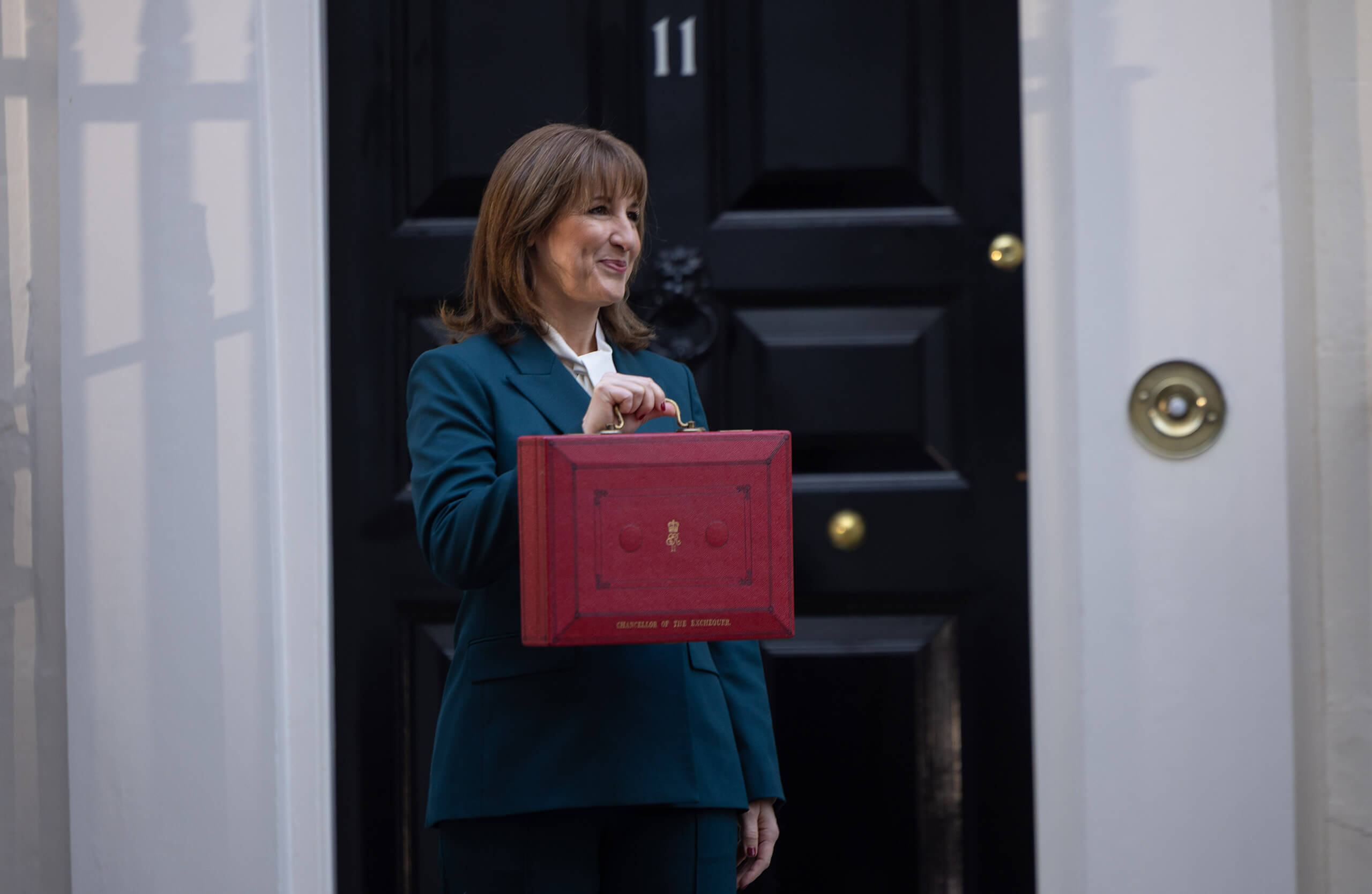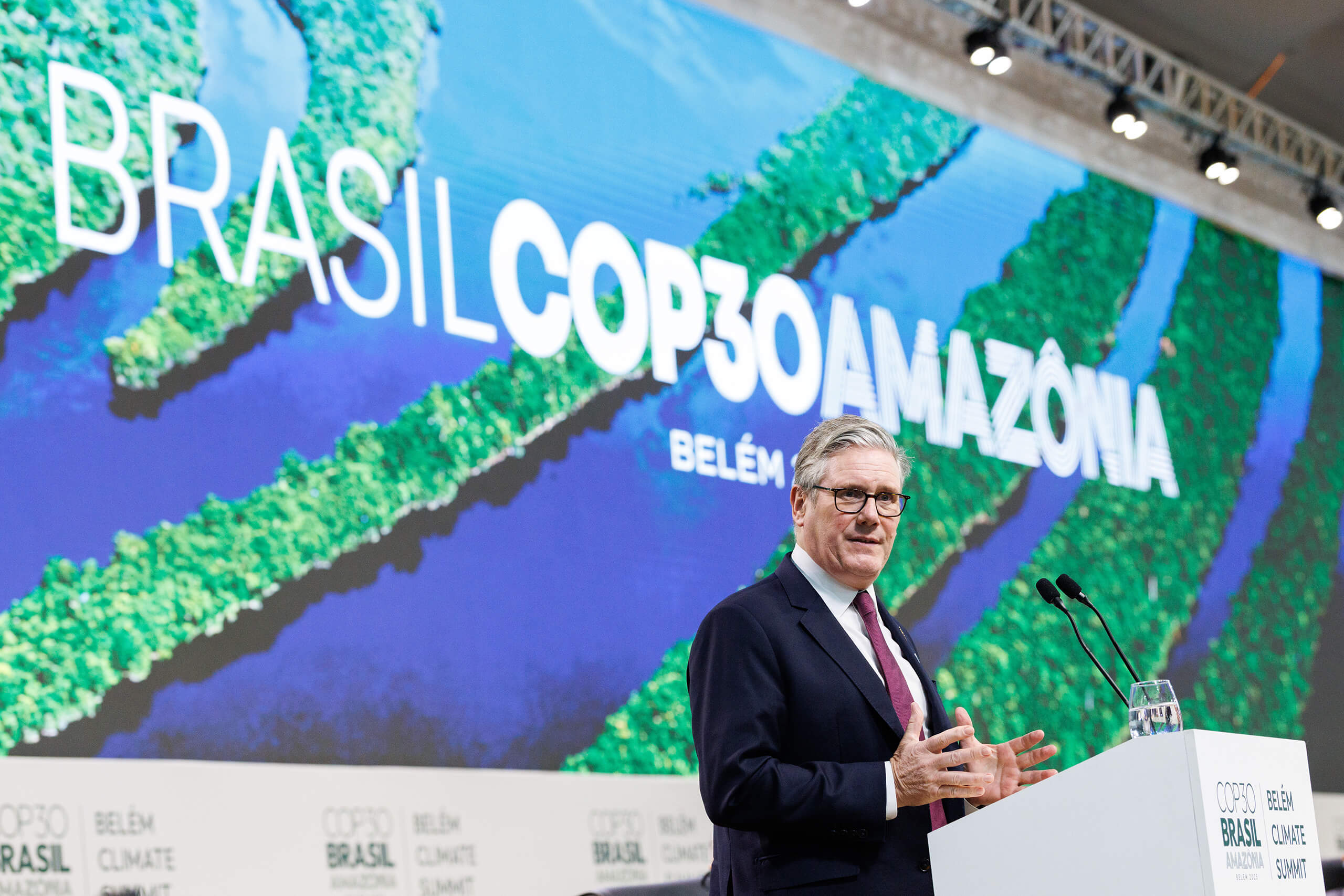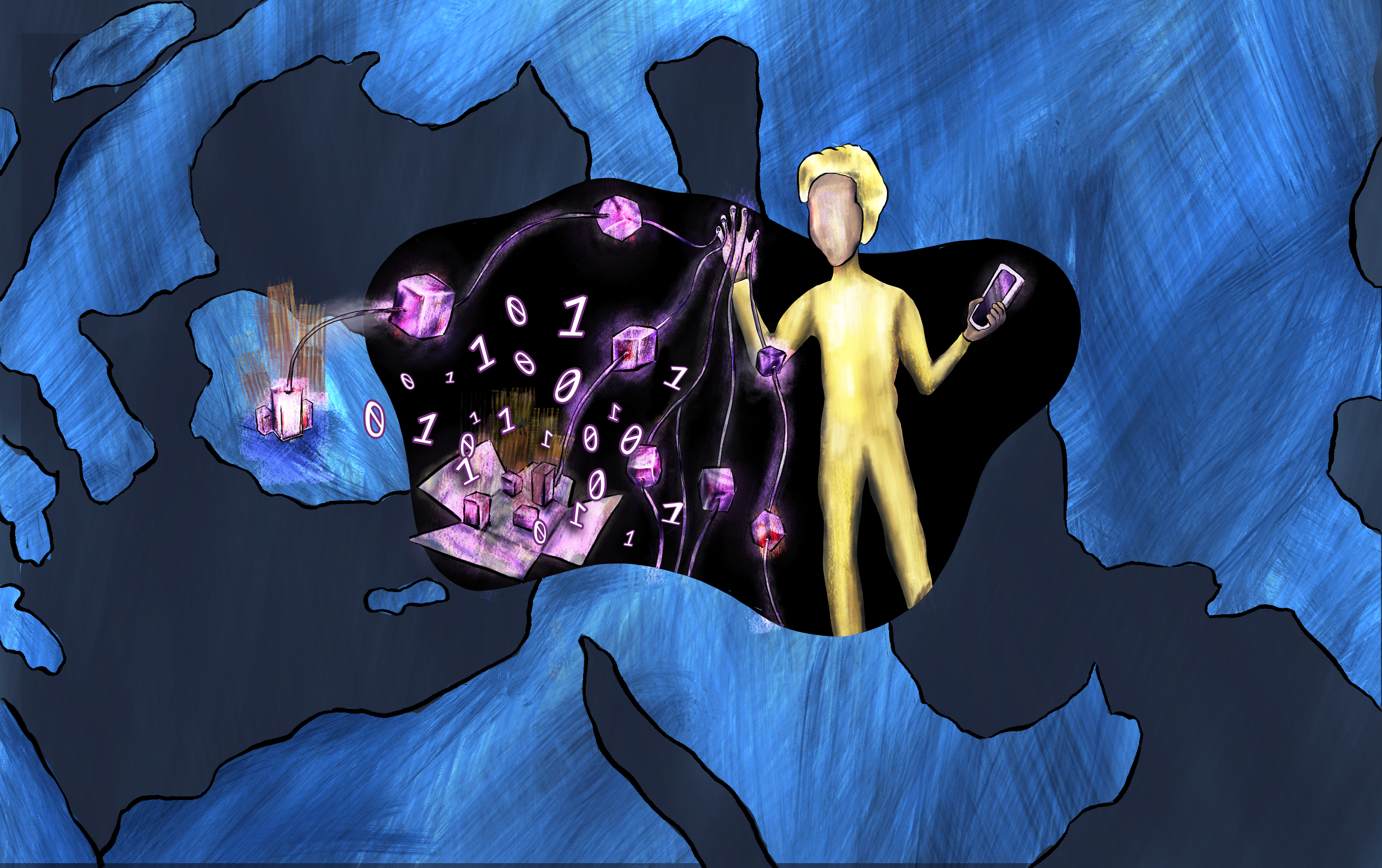For decades, France has stood as the dominant force in the Sahel region in Africa. Its presence, rooted in a dark colonial history, has more recently been framed around countering terrorism and ensuring the resilience of supply chains and exports.
However, this has fundamentally changed. One can note that the forced expulsion of French troops and diplomats from countries including Mali, Niger, and Burkina Faso, aren’t ringing endorsements of a continued French presence. In fact, the direction the governments of these states have chosen seems to be deliberately polar opposite to the interests of Paris as shown by warm relations to Russia and China. Why is this shift important? These countries sit on vast sources of natural resources and critical minerals such as uranium, gold, and precious metals that are vital in France and the West’s production of batteries for electric vehicles, magnets for wind turbines, semi-conductors, fibre-optic cables, and mobile phones, for example. Not only is there economic and material interest for Russia and China in entrenching their involvement in the Sahel, but a soft-power element in which the region becomes a new battleground in the global contest for influence – this has far reaching implications for Africa, Europe and beyond.
Backlash against French dominance
In the wake of successive military takeovers, which has in turn seen the region colloquially named the ‘Coup Belt’, western African countries have signalled a clear break from France’s orbit. Since 2021, Burkina Faso, Mali, and Niger have withdrawn from the French-backed G5 Sahel anti-terror task force, citing disillusionment with France’s outsized role in the region. Despite the taskforce’s creation in 2017, violence by armed groups has only escalated, resulting in thousands of deaths and displacement of millions. These failures have contributed to political instability and bolstered dissatisfaction with France’s military intervention.
One could contend that the tipping point came when Mali, Burkina Faso and Niger expelled French ambassadors and demanded the withdrawal of troops. France, which has 1,500 soldiers stationed in Niger, was forced to recalibrate its military footprint, leaving Chad as the last west African country to host French troops. These moves underline a broader regional trend of rejecting external dominance and seeking self-defined security and governance models.
Creating new friendships… at a cost
Amidst waning French influence, west African nations are forging new alliances. Some have turned to Russia, leveraging partnerships with the Wagner Group, a private military contractor, for security. Whilst the group offers short-term assistance, its reliance on profit-driven mercenaries raise concerns of the long-term stability and peace-building processes in these countries. Russia’s growing foothold also enables it to secure lucrative contracts for natural resources, oil, and trade routes. China has also emerged as a key player investing heavily in infrastructure projects across Africa as part of its Belt and Road Initiative. However, these investments often come with obligations on their part – leading to concerns about debt dependency and loss of economic autonomy whilst China seizes control of the economic infrastructure of the country.
The United Arab Emirates is making strategic inroads to secure political and economic influence in the region. Its activism in Africa centers on maritime control, with two key strategic routes: the Red Sea towards the Mediterranean and towards the Indian Ocean. The UAE’s military involvement follows three main patterns: combating jihadist terrorism, defense cooperation with African states, and involvement in conflict zones such as Libya and Sudan. The UAE is developing defence and military relations with African states to secure its economic interests from instability and terrorism, also advancing its geostrategic influence, and since 2016 the UAE signed eight Memorandum, or agreements, focused on the fight against terrorism (with Somalia, Puntland, Ethiopia, Chad, Mauritania, Mali, Senegal, Kenya, and Mozambique). Conversely, since the 2010s, seven African states that signed concessions for commercial ports with the Emirati DP World and AD Ports Group later established defense industry and / or military ties with the UAE (including the DRC, Angola, Tanzania, Somaliland, Egypt, Senegal, and Mozambique). This highlights a broader geopolitical competition for influence in Africa, with global powers vying for access to the region’s abundant natural resources and strategic migration routes.
What are the implications on the Sahel?
The region is reeling from unparalleled destabilisation. Successful coups have been normalised and legitimised as a form of governance – undermining democratic norms. This trend risks entrenching authoritarian regimes, further eroding trust in international organisations like ECOWAS, a regional political and economic union from which Sahel nations are withdrawing.
The pivot from France has significant ramifications for Africa, Europe and beyond. The European Union too, must contend with a less stable Sahel region, which could impact migration patterns and exacerbate existing security concerns on the continent that are already stoking a rise in far-right sentiments. On a global scale, this shift underlines the intensifying competition for influence in Africa and its resources. It is also allowing China – as a global actor not deeply involved in the wars in Ukraine or Gaza – to continue its advance into the continent at pace, unbound by the strains of war. This scramble for influence echoes the colonial era – however those carving the continent up look and operate very differently to those who did so initially.
West Africa’s break from French military influence marks a critical juncture for the region. As countries assert their sovereignty and redefine their global partnerships, they may face both opportunities and challenges. The path to autonomy must balance the need for stability and economic growth and genuine self-determination. Whether this pivot leads to a new era of independence or shifts the region’s dependencies will depend on the choices its leaders make and the partnerships they forge.







